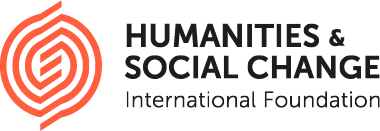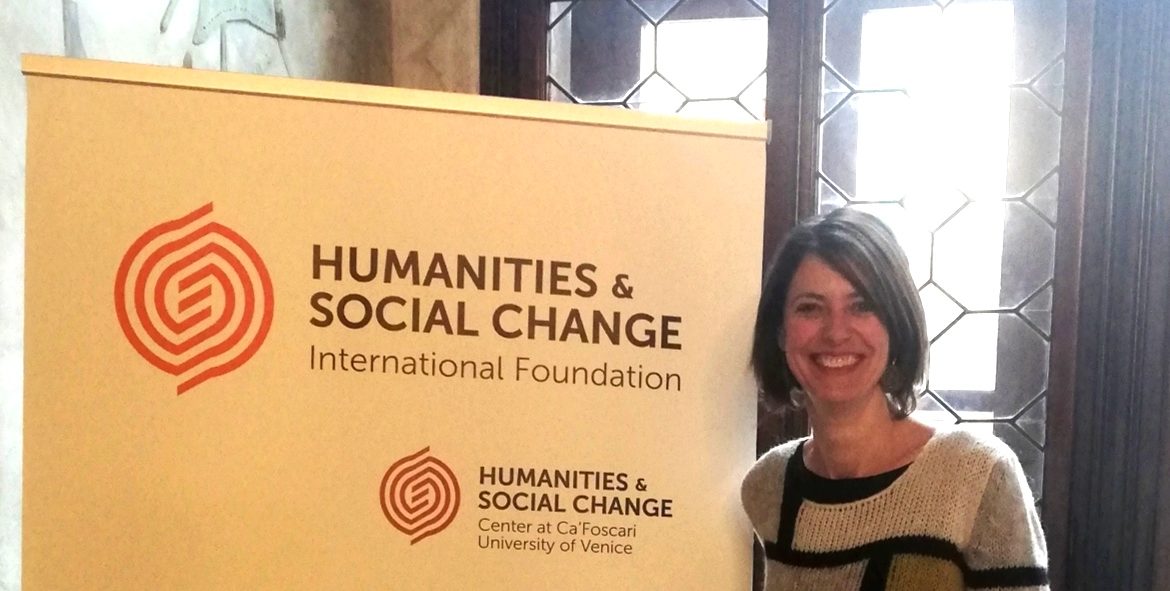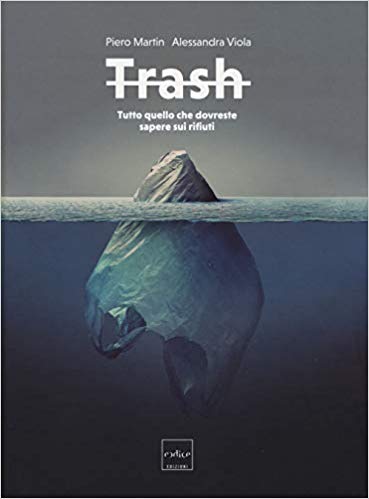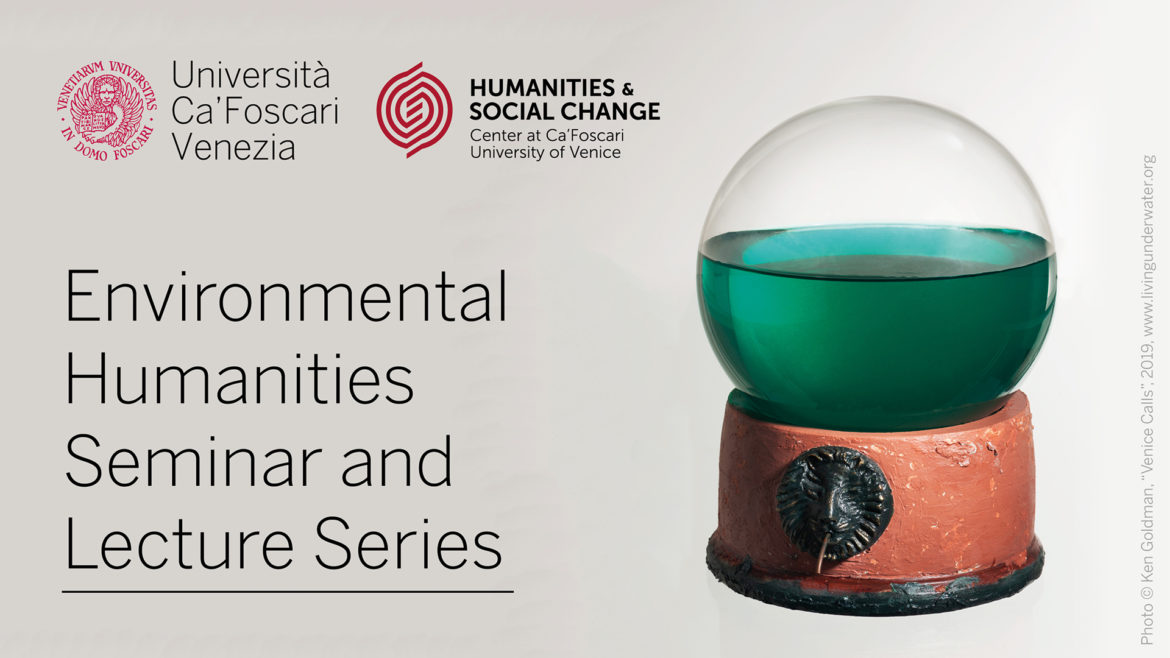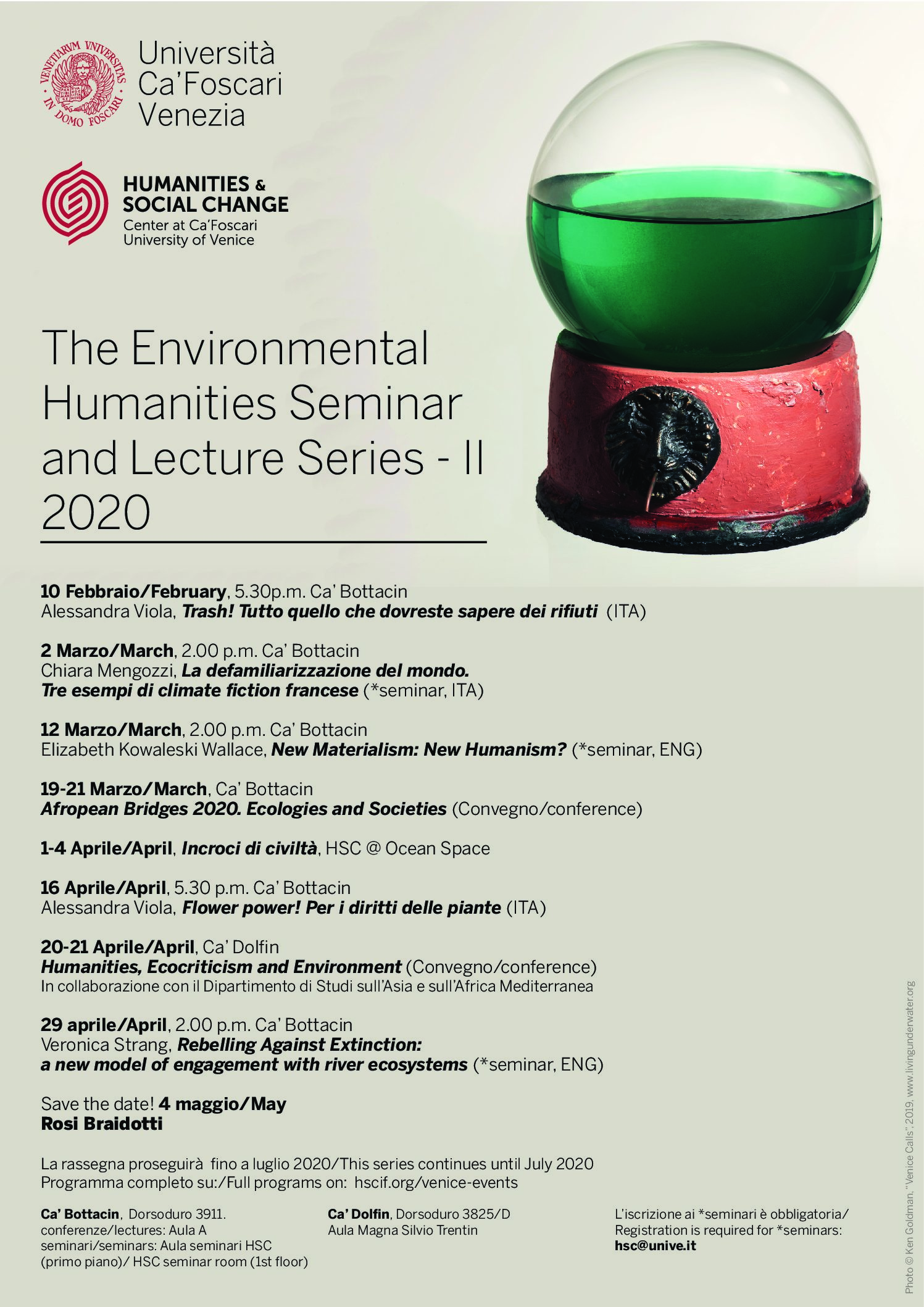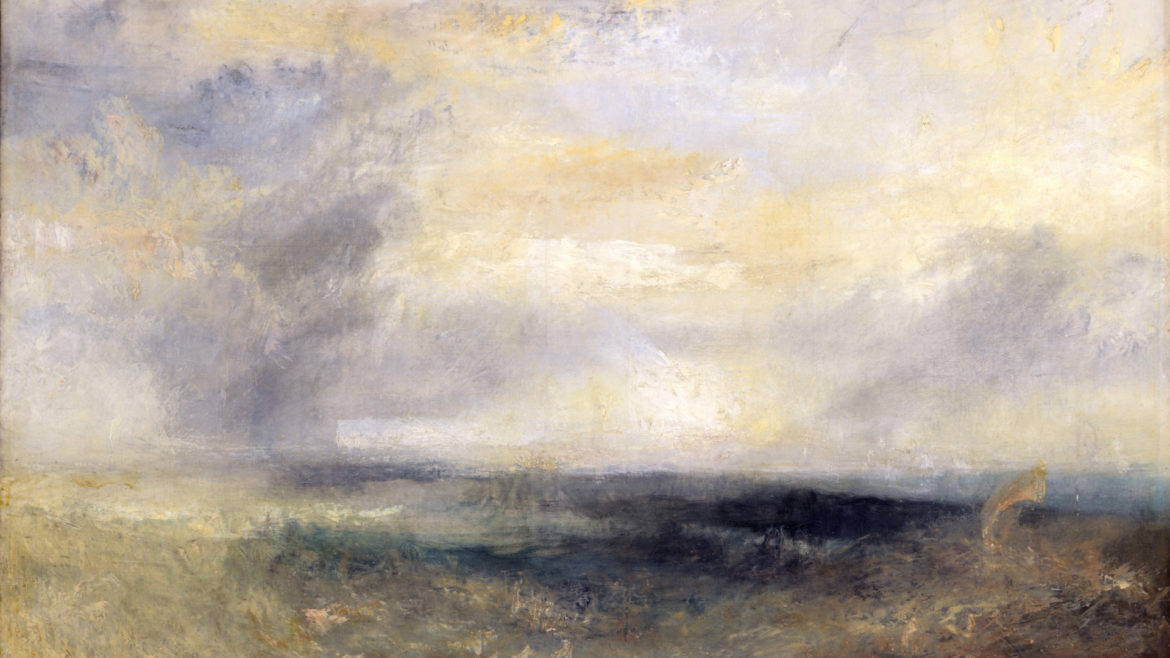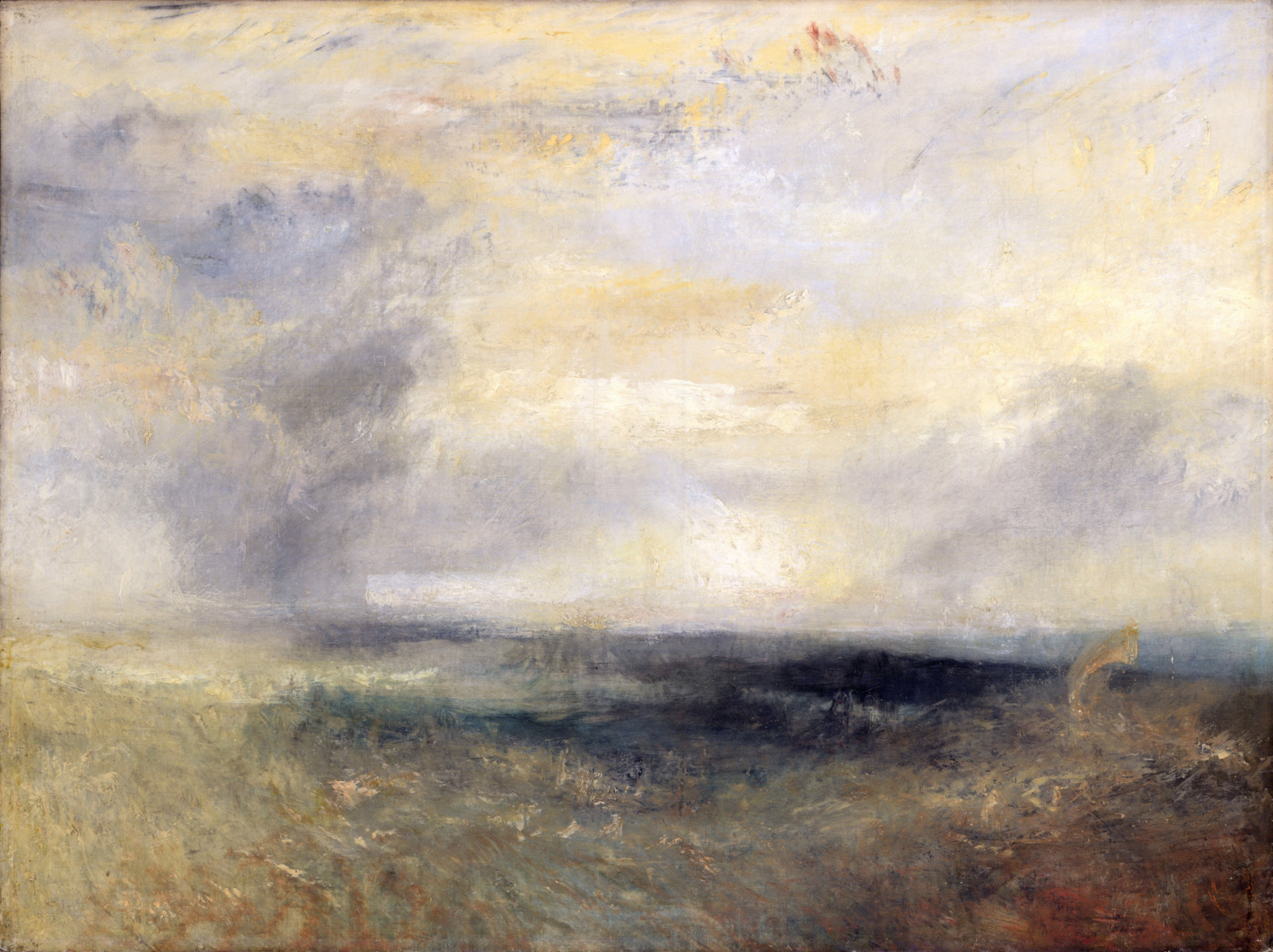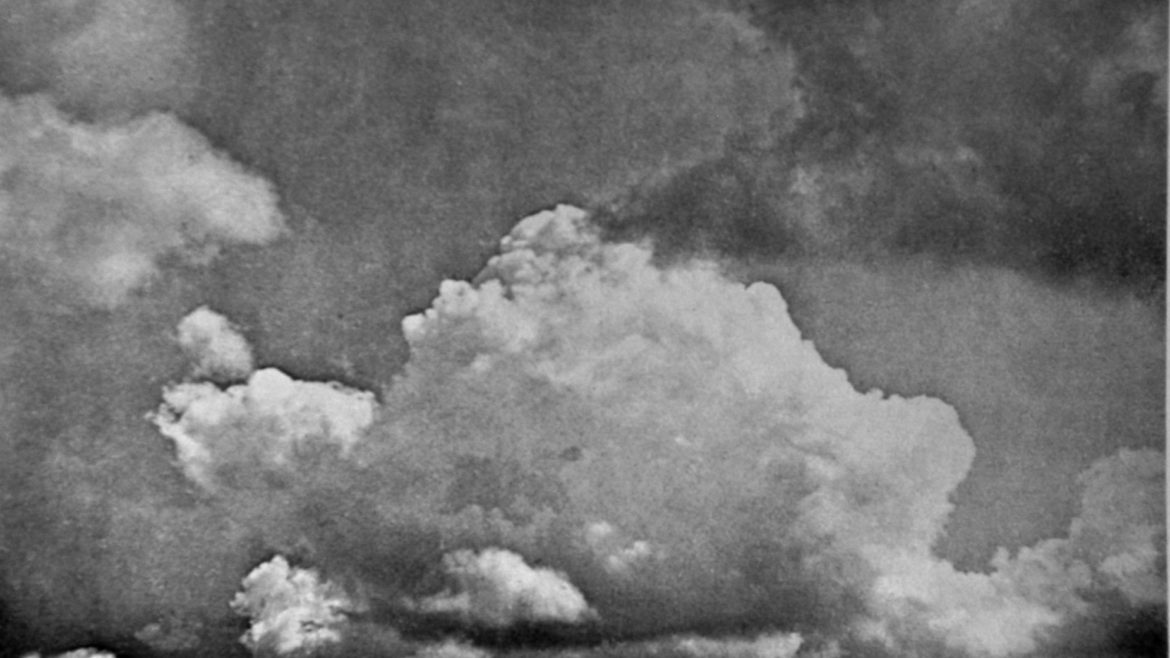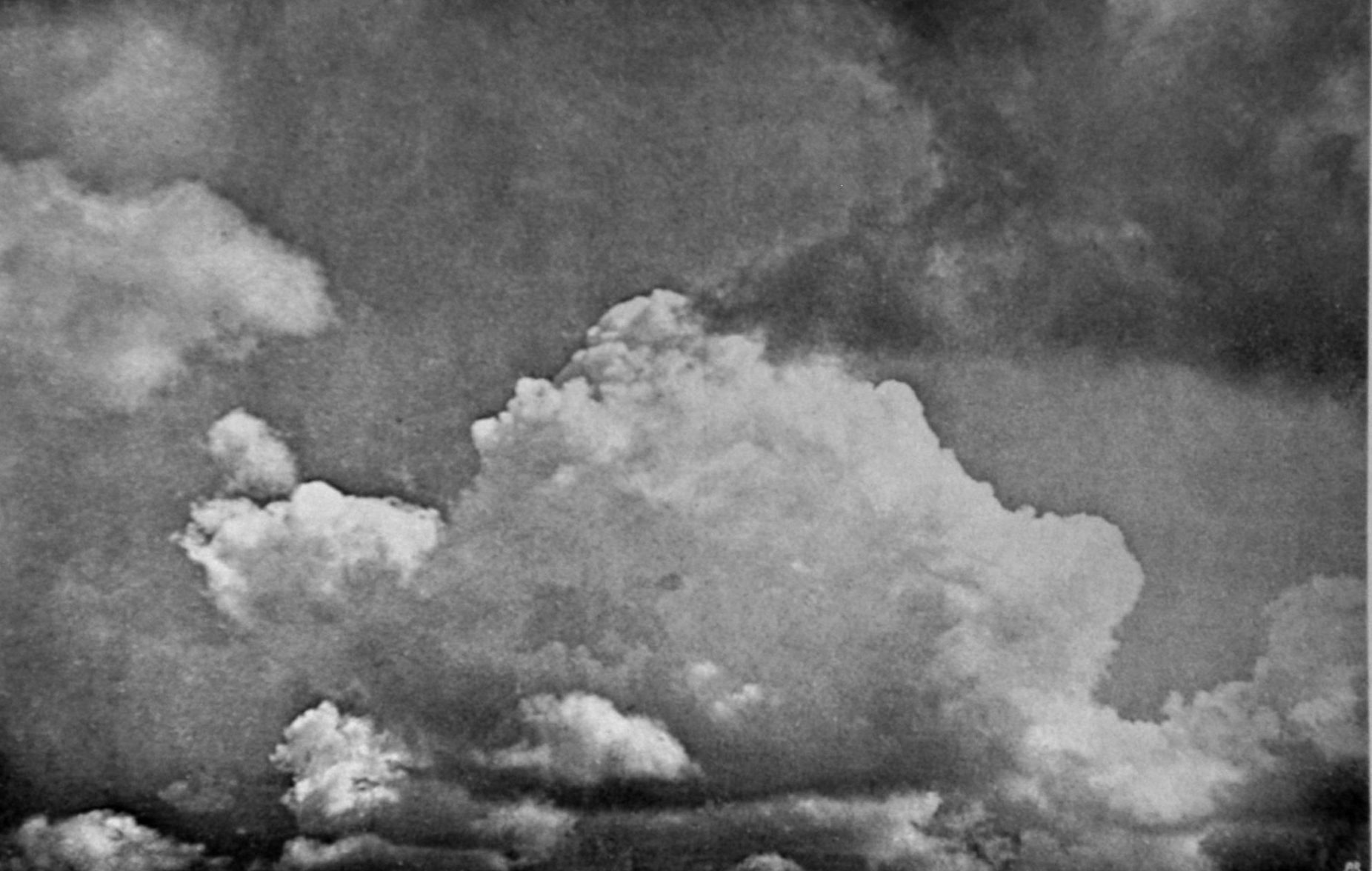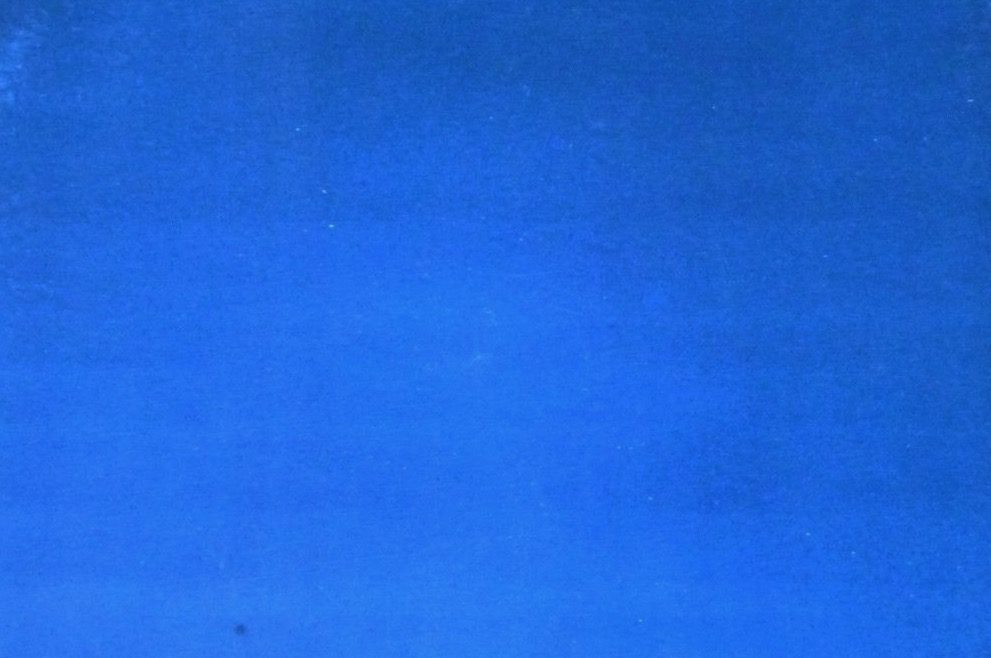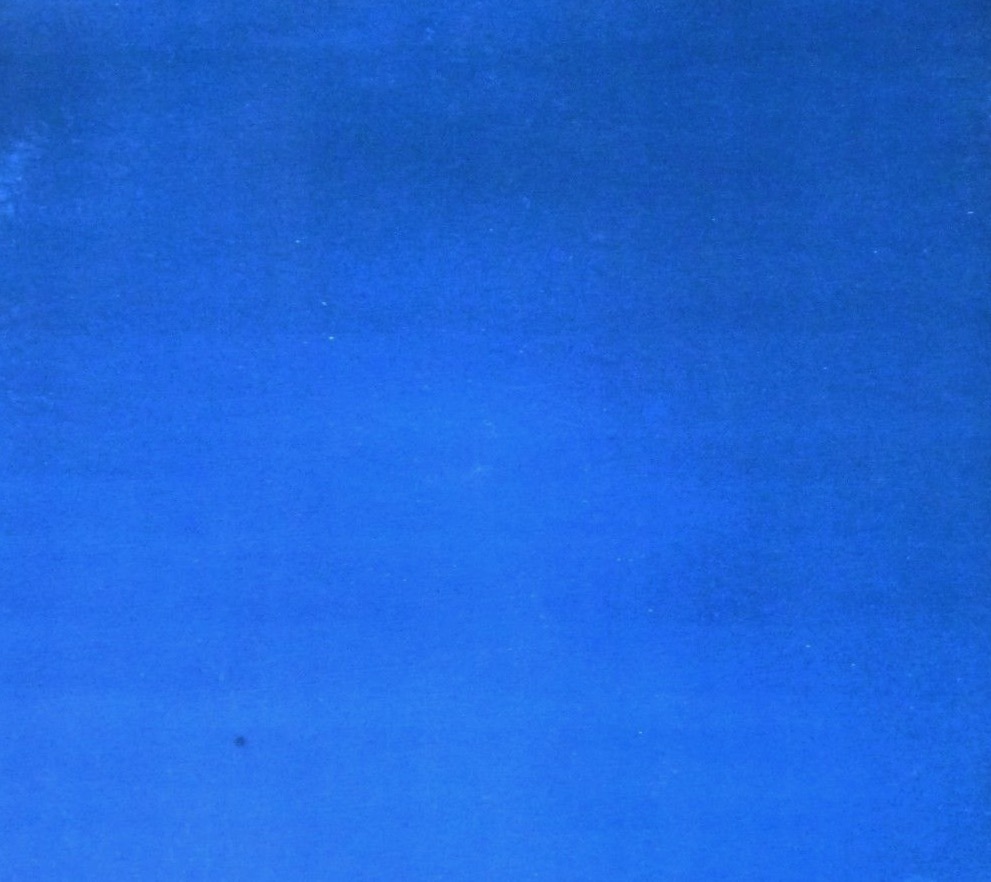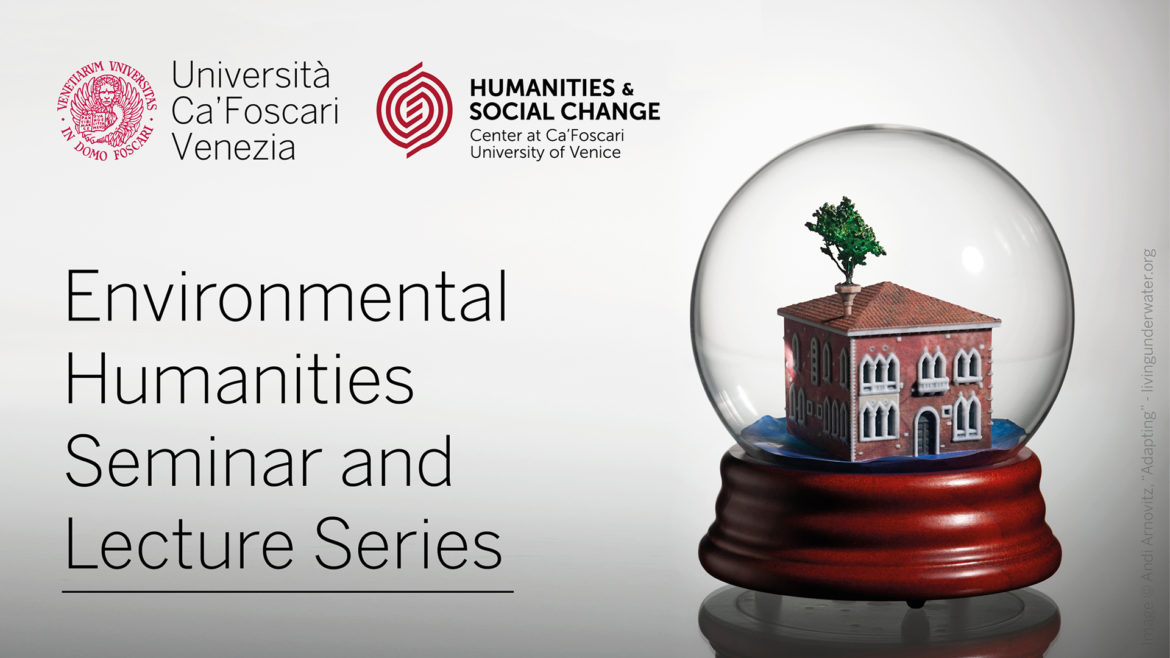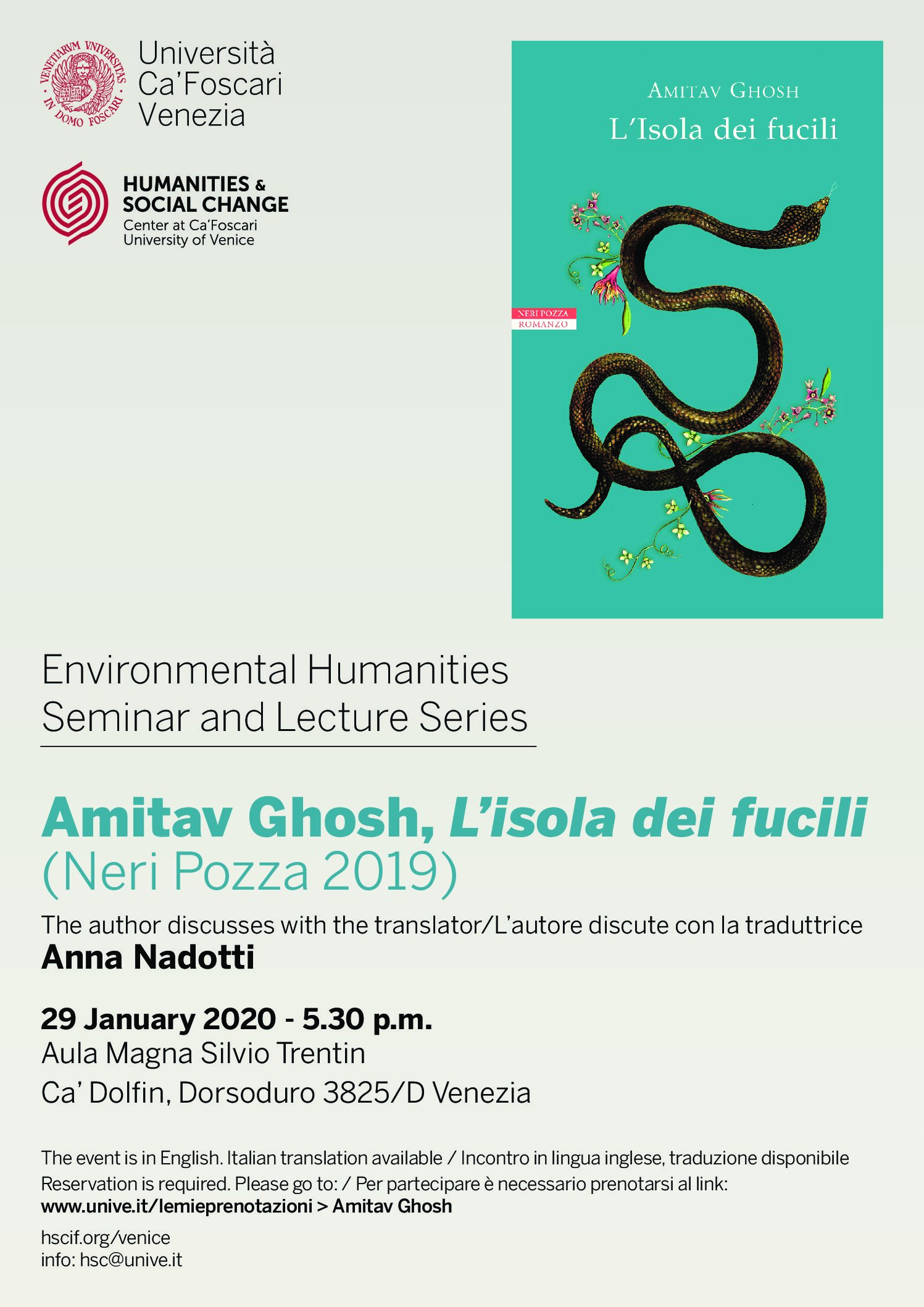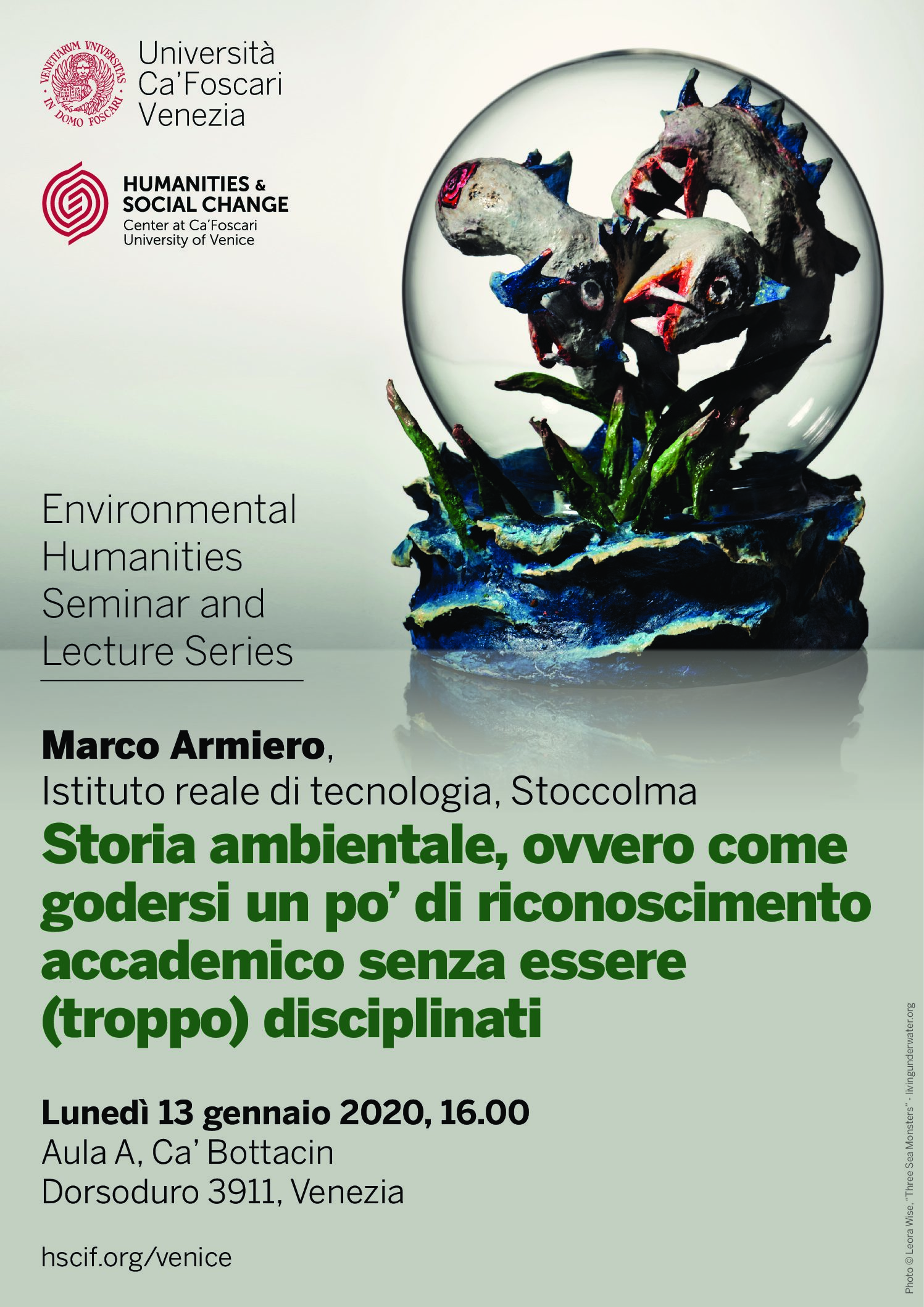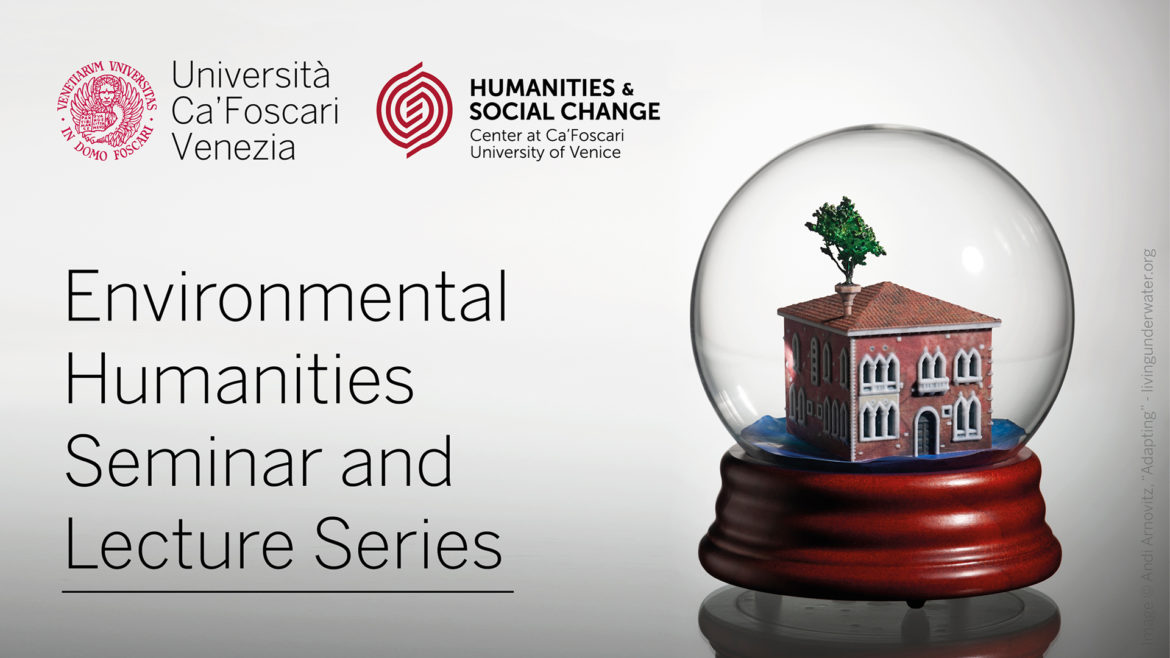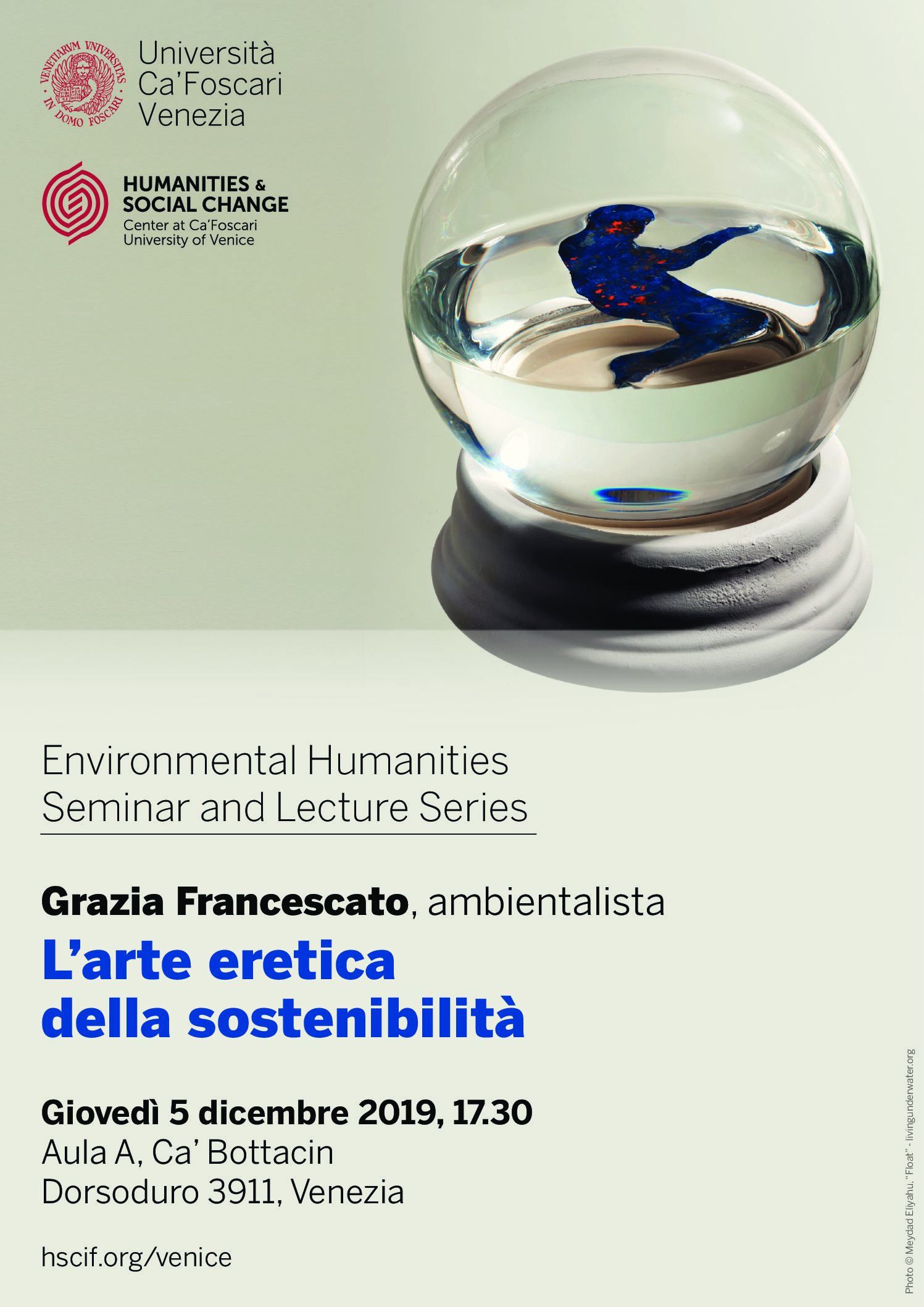Alessandra Viola: Trash! All you should know about garbage.
Venice, February 10 at 5.30 p.m.
Aula A Ca’ Bottacin (Dorsoduro 3911)
Re Mida trasformava tutto quello che toccava in oro. Noi, più modestamente, in rifiuti. Abbiamo lasciato palline da golf sulla Luna e cambiato il clima con le nostre emissioni. Sepolto scorie chimiche vicino alle cascate del Niagara, disperso migliaia di rottami nello spazio attorno alla Terra. Un incontro tra curiosità e dati per ricostruire la storia di un’idea – quella del rifiuto – che nei secoli si è trasformata moltissime volte.
La seconda serie di incontri della “Environmental Humanities Seminar and Lecture Series” si apre con una conferenza di con Alessandra Viola, giornalista, scrittrice, produttrice e sceneggiatrice per la tv, docente universitaria.
Alessandra Viola. Trash! Tutto quello che dovreste sapere sui rifiuti.
Ca’ Bottacin, Dorsoduro 3911 – Venezia
February 10, 2020 – 5.30 p.m.
This event is in Italian/Evento in lingua italiana
Free admission/Aperto a tutti
